News
221 Articles

Latest Judgment

Bilateral exchange between the UK Supreme Court and the European Court of Human Rights

Future Judgments
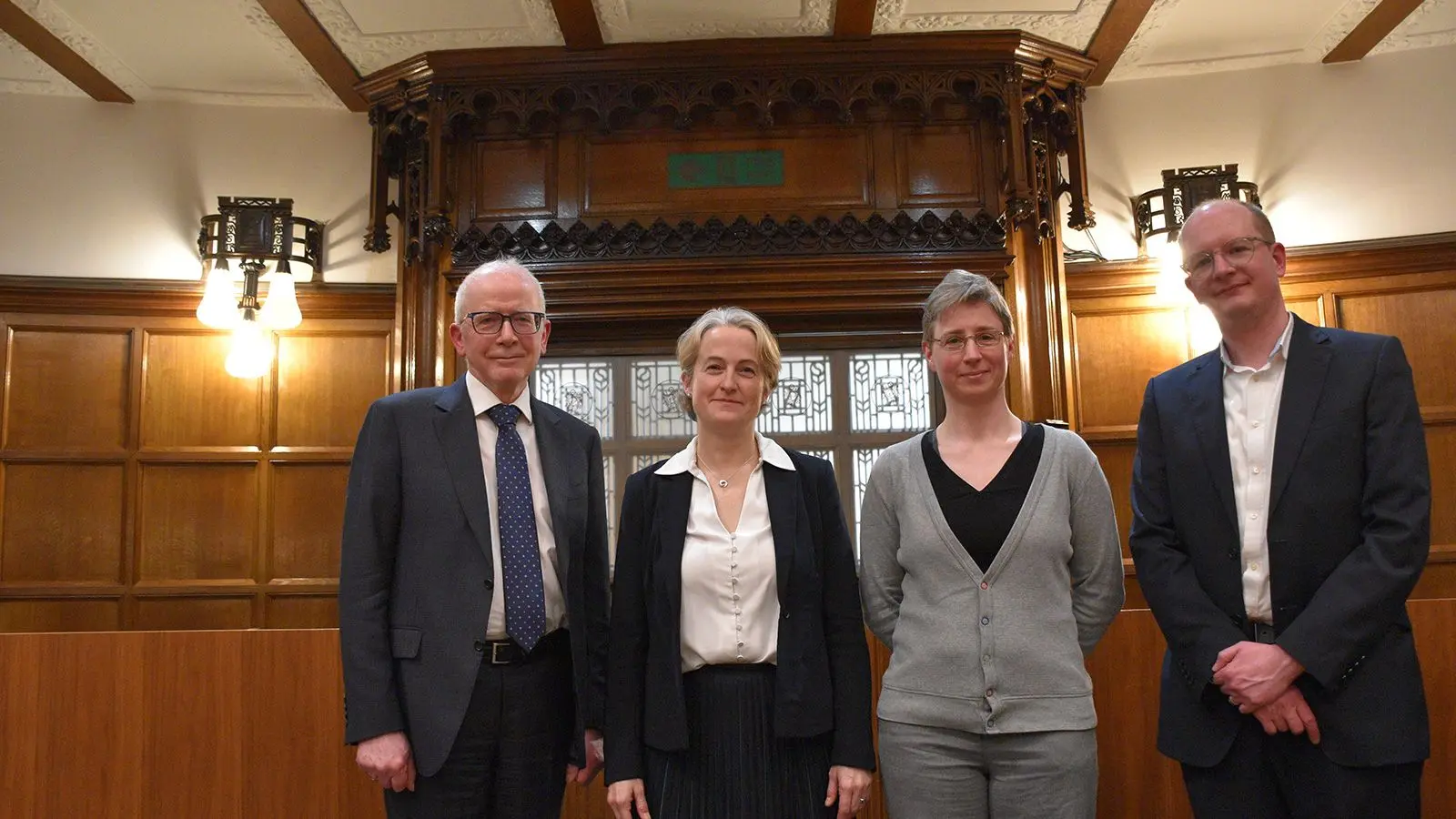
The UK Supreme Court welcomed Law students from leading universities to a Panel event on Thursday 29 January, to discuss ‘Why Trust Matters: Public confidence in the rule of law in an age of AI and populism'.
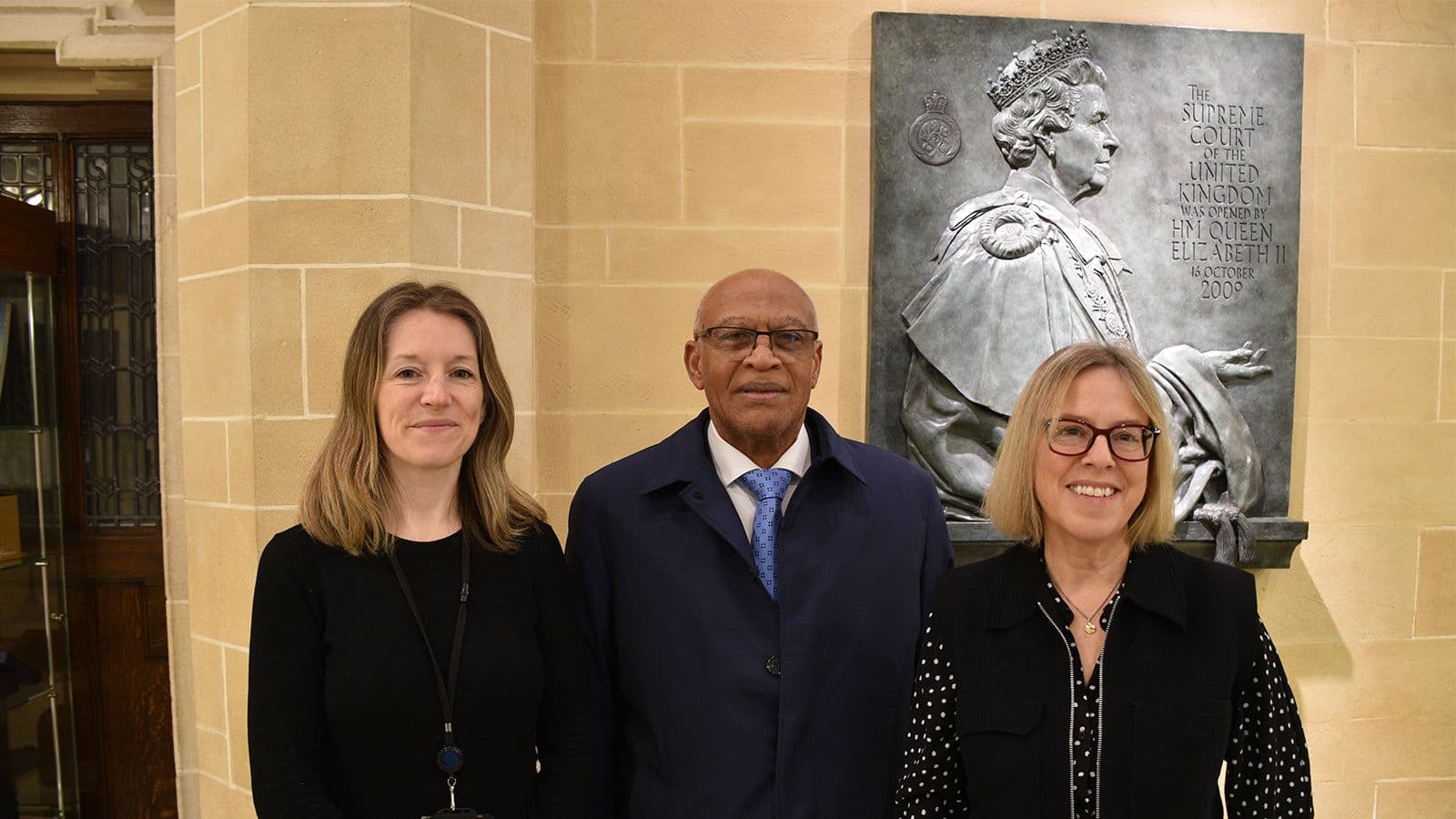
The Judicial Committee of the Privy Council was delighted to welcome Sir Anthony Smellie to London this morning, to take part in a week of hearing cases at the JCPC.
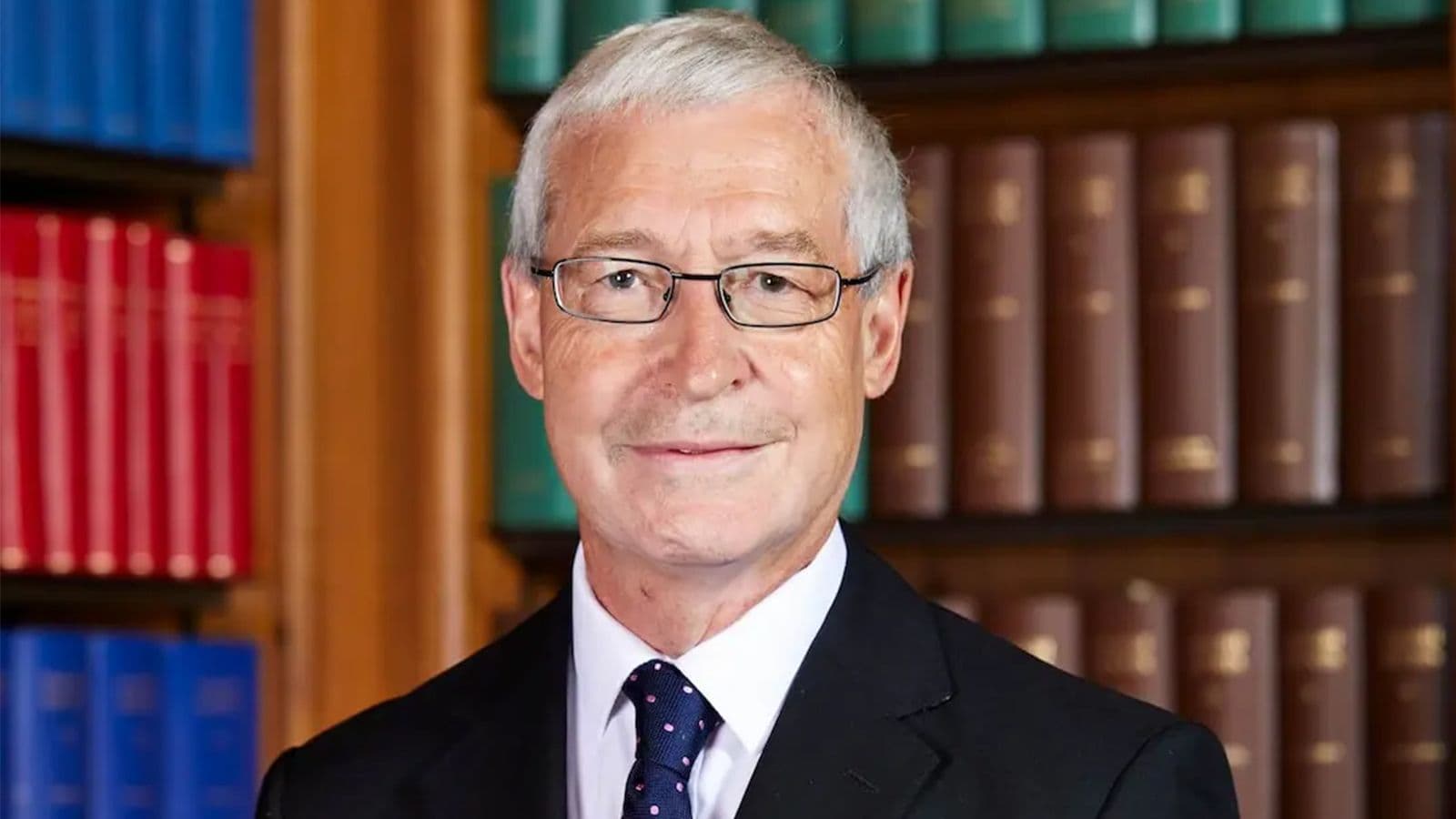
From Professor to UK Supreme Court Justice: Lord Andrew Burrows. The judge discusses his academic background, the working methods of the UK Supreme Court, what constitutes good advocacy, AI and more.

Lord Reed of Allermuir to retire from the UK Supreme Court

Swearing-in ceremonies for Lord Sales and Lord Doherty

Information regarding the swearing in ceremony on 12th January

The UKSC and JCPC Practice Directions were amended on 22 December 2025.
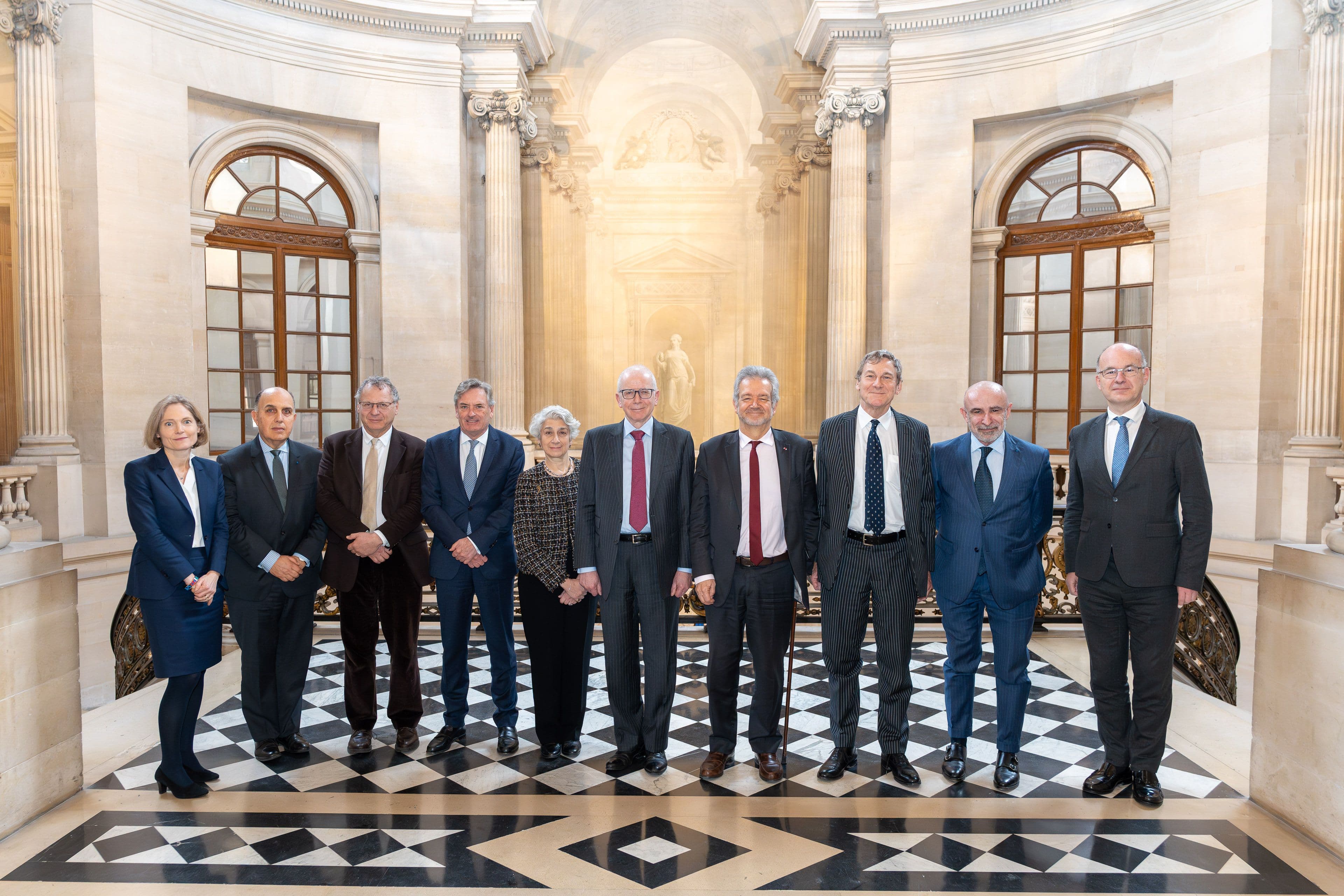
December 2025 Bilateral visit between the Supreme Court of the United Kingdom and the Conseil d’État
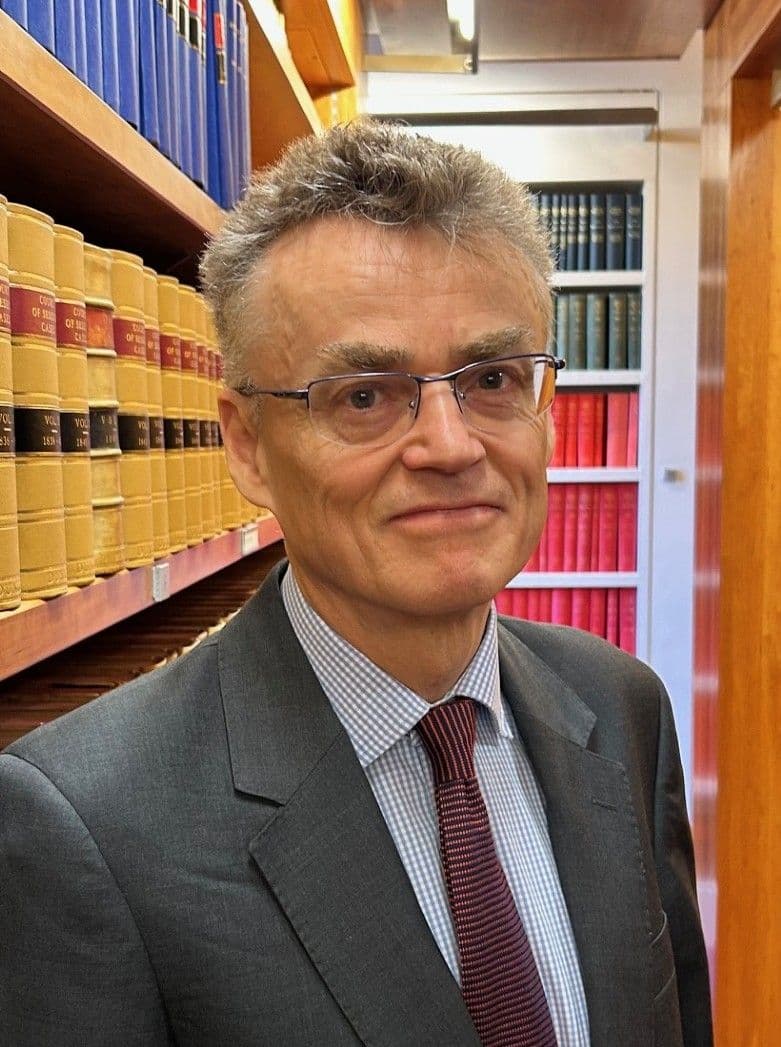
UK Supreme Court reflects on successful bilateral event with United States Supreme Court

Lord Richards announces his retirement from the UK Supreme Court and the Judicial Committee of the Privy Council

His Majesty The King has approved the appointment of the Right Hon Lord Sales as Deputy President of the Supreme Court. The King made the appointment on the advice of the Prime Minister and Lord Chancellor, following the recommendation of an independent selection commission.
The Supreme Court website catalogue at The National Archives. The Supreme Court website catalogue at The National Archives.
Sign up for news email alerts
Sign up to receive email alerts when a news article is published by the Court.

